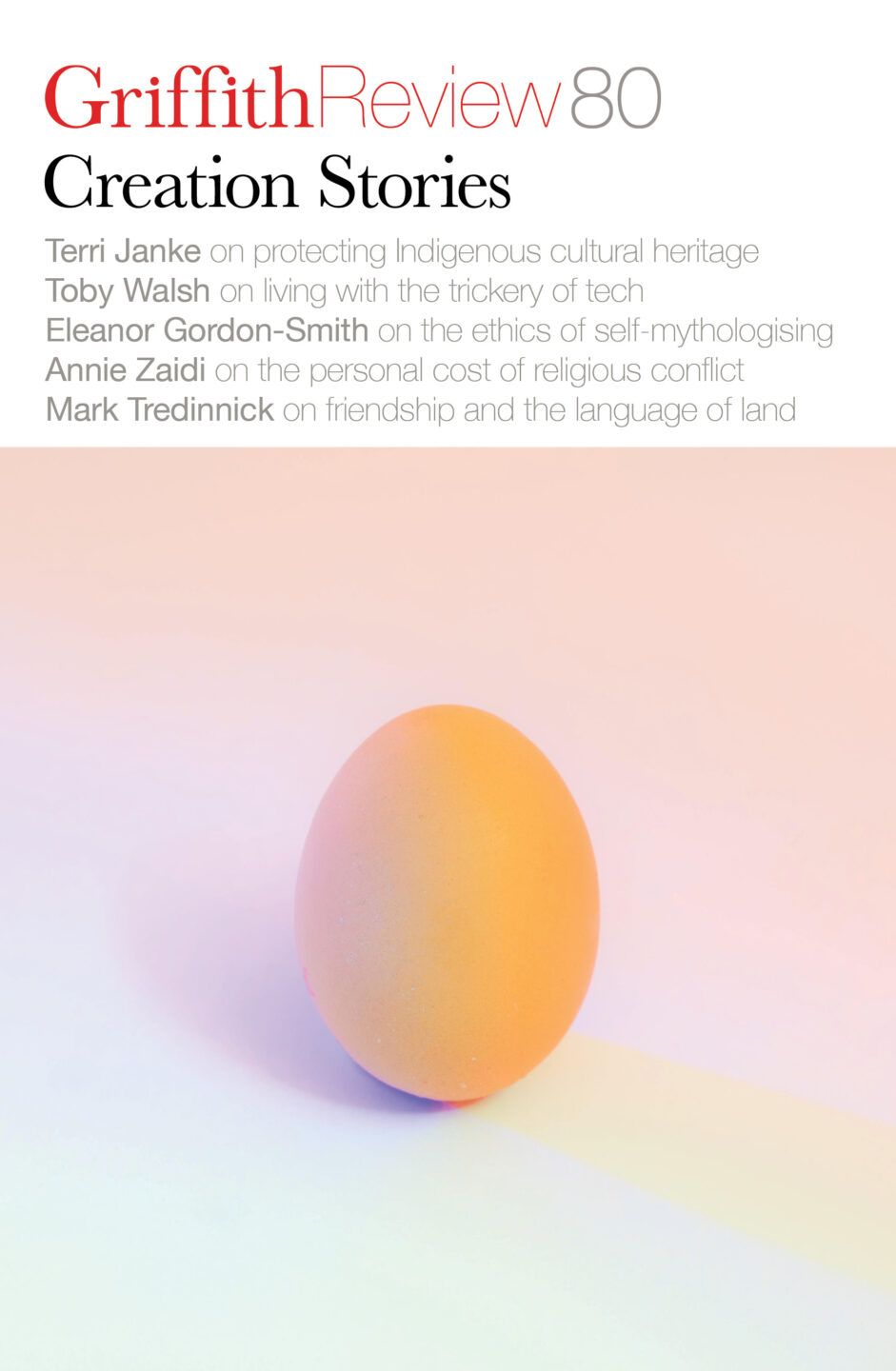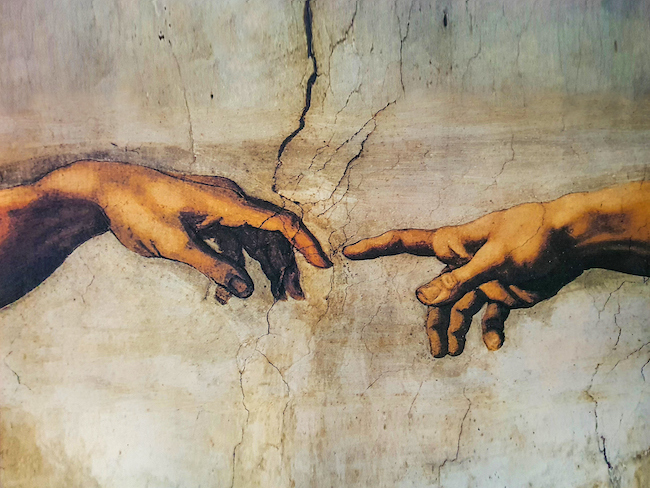Featured in

- Published 20230502
- ISBN: 978-1-922212-83-2
- Extent: 264pp
- Paperback (234 x 153mm), eBook


Already a subscriber? Sign in here
If you are an educator or student wishing to access content for study purposes please contact us at griffithreview@griffith.edu.au
Share article
About the author

Toby Walsh
Toby Walsh is chief scientist of UNSW.ai, UNSW’s new AI Institute. His most recent book is Machines Behaving Badly: The Morality of AI, published...
More from this edition

Medea – towards the end
PoetryShe wanted to confuse the staff and brings in a pebble from the garden as suggested, placing it into the pocket of the man in the next room.

Have you ever seen the rain?
FictionOne by one the streets quietened down. A great hush washed over this city. Even the lights at night seemed dimmer. All of life lay dormant. Or maybe not – Toru couldn’t trust his eyes, could he? He had been living on the streets in the clothes he died in, scrounging food from tables outside restaurants and cafés around the city, but those tables were long gone.

Let there be light
IntroductionWhether they’re personal, cultural or religious, these are the stories that offer us ways of orienting ourselves amid the sheer chaos and confusion of being alive – particularly today, as humanity’s existential and environmental crises continue to mount.